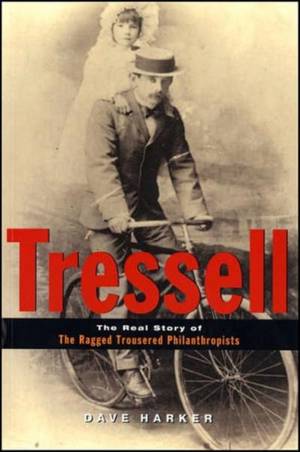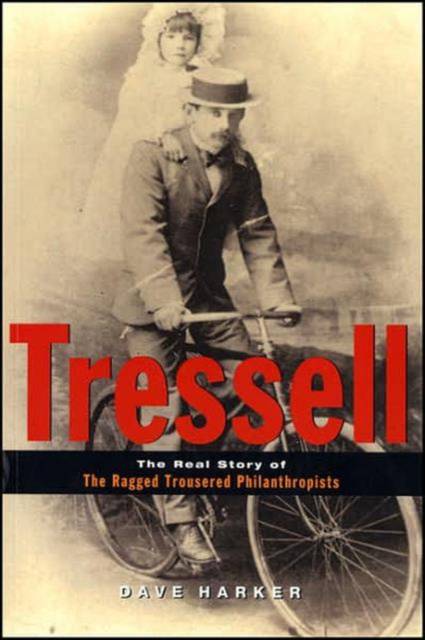
- Afhalen na 1 uur in een winkel met voorraad
- Gratis thuislevering in België vanaf € 30
- Ruim aanbod met 7 miljoen producten
- Afhalen na 1 uur in een winkel met voorraad
- Gratis thuislevering in België vanaf € 30
- Ruim aanbod met 7 miljoen producten
Zoeken
€ 44,95
+ 89 punten
Omschrijving
Not many novels about working-class life have been reprinted over a hundred times in the UK, the USA, Canada, Australia, Germany, Russia, Holland, Czechoslovakia, Bulgaria and Japan. Even fewer have sold over a million copies. Hardly any have been so often adapted for the stage, or featured on TV and radio. Above all, none have been passed from hand to hand as often by workers, and taken to their hearts. Robert Tressell's novel The Ragged Trousered Philanthropists is straightforward and highly readable, but it is also a very odd book. After all, novels don't usually explain key points of Marxist theory. True, it has humour, parody, pathos, irony, rage, little victories, defeats, arguments and ideas, and it is brim full of contempt for the ruling class. But what practical political appeal can a tale of isolated Socialists, fighting for a Co-operative Commonwealth, possibly have today? Dave Harker describes Tressell's life, puts his book in its historical context, and traces its success over the past ninety-odd years. This is the story of the left in Britain, from the Socialist Federation in the late 19th century, through to the trade union movement and New Labour today.
Specificaties
Betrokkenen
- Auteur(s):
- Uitgeverij:
Inhoud
- Aantal bladzijden:
- 304
- Taal:
- Engels
Eigenschappen
- Productcode (EAN):
- 9781842773857
- Verschijningsdatum:
- 1/07/2003
- Uitvoering:
- Paperback
- Formaat:
- Trade paperback (VS)
- Afmetingen:
- 157 mm x 239 mm
- Gewicht:
- 512 g

Alleen bij Standaard Boekhandel
+ 89 punten op je klantenkaart van Standaard Boekhandel
Beoordelingen
We publiceren alleen reviews die voldoen aan de voorwaarden voor reviews. Bekijk onze voorwaarden voor reviews.











